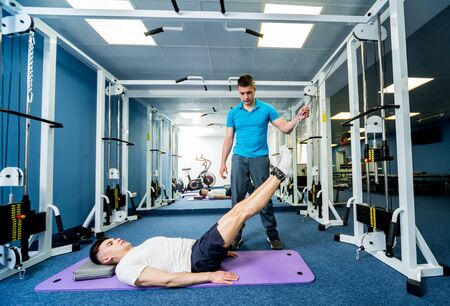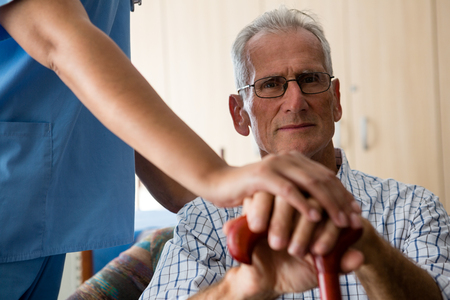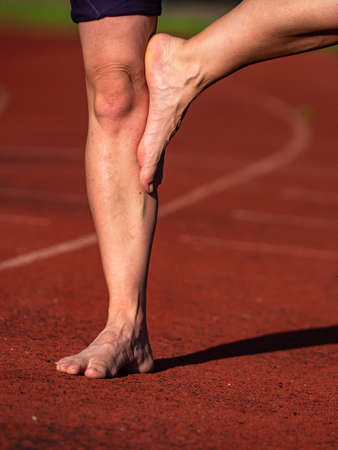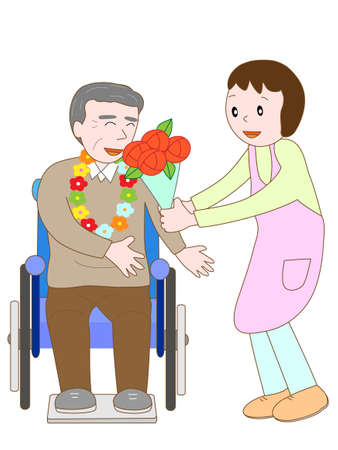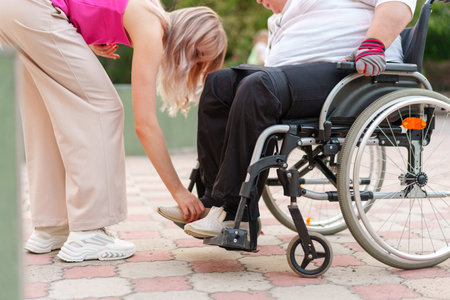Hydrotherapy for Tendon and Ligament Recovery: Access and Effectiveness in the UK Health System
1. Introduction to Hydrotherapy and Musculoskeletal RepairHydrotherapy, also known as aquatic therapy, refers to the use of water in various forms and temperatures to promote healing and rehabilitation. This therapeutic approach is grounded in the unique physical properties of water, such as buoyancy, hydrostatic pressure, viscosity, and thermal conductivity, which collectively create an environment conducive…
